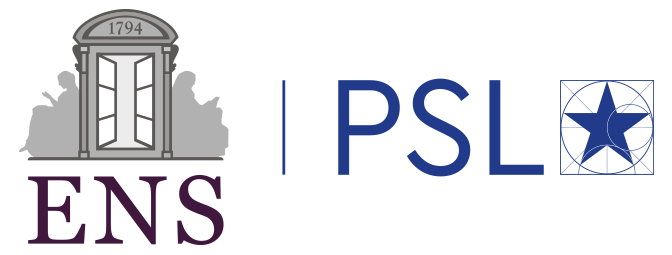Domaines
Quantum optics/Atomic physics/Laser
Condensed matter
Quantum information theory and quantum technologies
Quantum optics
Nanophysics, nanophotonics, 2D materials and van der Waals heterostructures,, surface physicss, new electronic states of matter
Type de stage
Expérimental Description
In optical levitation, a nanoparticle is trapped in vacuum using tightly focused light. The light produces a force akin to a mechanical spring and the system reduces to a simple mass-spring resonator with kHz oscillations. Despite its simplicity, a levitated object provides remarkable interactions between light and its motion that can be harnessed to display quantum properties. In that regard, the particle must be cooled down to its quantum ground state, which requires to monitor its motion with optimal precision. Typically, this is achieved using the classical light produced by a laser. Yet, lasers are intrinsically shot-noise limited, thus making cooling challenging. Recently, some works have emphasized that quantum light can outperform classical light. For instance, entangled photons can serve to suppress shot noise. A photon of the pair images a target (signal), while a second acts as a reference (idler). As shot noise identically affects both photons, it is suppressed from the signal by subtracting the idler.
During this internship, the candidate will experimentally harness entangled photons to perform sub-shot noise monitoring of levitated objects. He or she will develop an entangled-photon source, later on deployed on a levitation setup. To characterize the source, the student will visit the team of Pr. Molina in San Sebastian (Spain). Following the internship, he or she will be offered a PhD in cotutelle between Prs. Bachelard and Molina’s teams.
Contact
Nicolas Bachelard
Laboratoire : Laboratoire Ondes et Matière d'Aquitaine - UMR 5798
Equipe : Nanophotonics Group
Site Web de l'équipe
Equipe : Nanophotonics Group
Site Web de l'équipe
